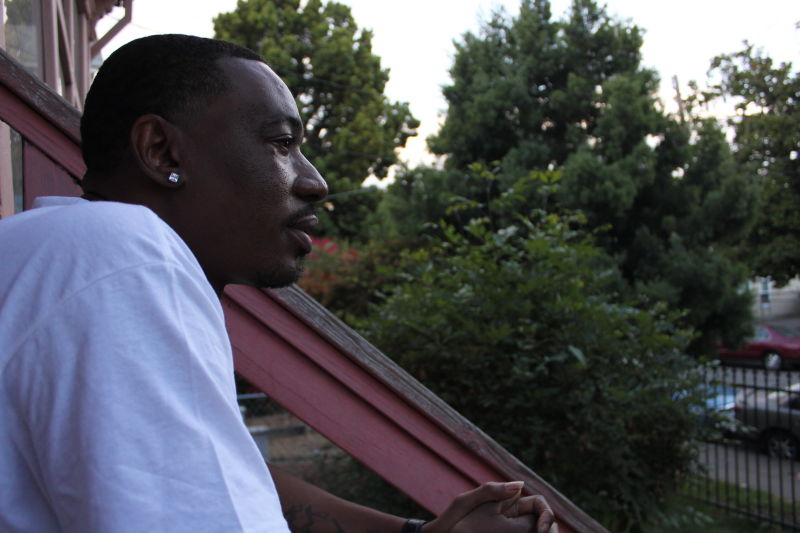Green was first convicted on drug charges in 2003. He had been arrested for possession of marijuana. He said he turned to selling weed when he found out he was going to be a father.
"At that point in time, I wasn’t working," he said. "I was still going to school. I just really was caught off-guard, like instead of me focused on the future, I thought about now. I’m like, if I’m having a daughter, I need to try to make something happen now. And that’s what I did.”
Green was sentenced to five years probation. During that time, he found a temporary job at a hazardous waste plant, eventually getting hired full time as a project manager.
But just as his probation ended, he was laid off, and soon learned his second daughter was on the way.
“That kind of threw me to what I knew best, and that was hustle,” said Green.
Months later, he was charged with a second felony for narcotics possession. He was convicted and sentenced to three years probation. A judge warned him that any violation would mean five years in prison.
"That really just opened up my eyes," Green said.
He was determined to turn things around, but wasn't able to find work. When his probation ended, he found a job at the Tesoro Refinery. The job paid $1,500 a week.
Green had been working at the refinery for about a month when a background check revealed his felony convictions. He thought he had lost a chance to change his life.
“I really gave up everything, and I was really trying to focus on working," he said.
Instead of driving home to Antioch, Green decided to try to plead his case.
“I’m on my way home," said Green, "and something just says, I think it was God just said, 'Man, stop by the courthouse.' ”
Still in his work uniform, he approached a court clerk.
“I said, 'Man, I just got laid off my job, and I want to know what can I do.' Basically I was trying to go and talk to a judge. So I’m talking to her, and there was tears coming out of my eyes. And she could really see that I was sincere,” Green recalled.
The clerk told Green about Proposition 47 and directed him to the Contra Costa County Public Defender's Office. Green met with a public defender that day.
A few weeks later, he went to court. After hearing Green’s case, a judge reduced his convictions.
“So, after that I called my job and gave them the paperwork and everything,” Green said.
He had to wait a few months before he found out if he passed Tesoro’s background check. In January, he went back to work.
“It’s like a big load that just came off me," said Green, "because I was able to do something that I know I can be productive."
Had he just driven home that day, Green said he would never have heard about Prop 47.
“You know everybody got a past, but dealing with these jobs, though, they always bring that up on you, even if you’re trying to change your life," he said.
"So that was one of my things that I was able to let go.”

